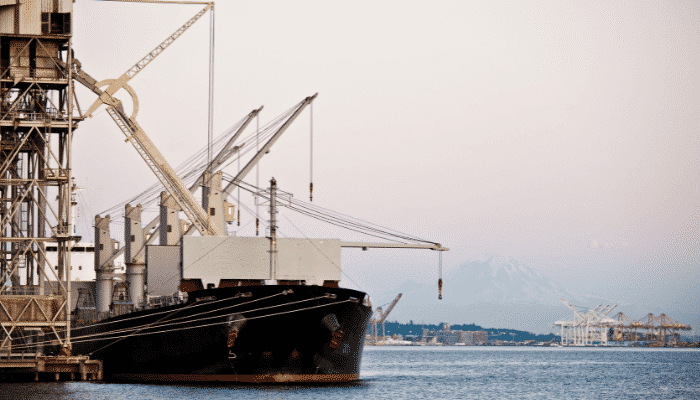President Joseph Nyuma Boakai has exercised his constitutional veto authority, rejecting two key legislative bills aimed at changing Liberia’s port governance structure.
The move marks his first use of veto power since taking office.
In a formal communication dated July 15, 2025, addressed to Senate President Pro-Tempore Nyonblee Karnga-Lawrence, President Boakai returned without approval Senate Enrolled Bill No. 4 , Liberia Ports Authority Act, and Senate Enrolled Bill No. 5 , Liberia Sea and Inland Ports Decentralization and Modernization Act.
The bills were part of a broader legislative push to dissolve the National Port Authority (NPA) and establish autonomous management for the country’s four main ports including Monrovia, Buchanan, Greenville, and Harper, while creating a new regulatory agency.
The two interconnected pieces of legislation were designed to decentralize and modernize port operations, promote local responsiveness, and further the government’s decentralization agenda.
However, President Boakai cited significant legal, structural, and practical shortcomings as reasons for withholding his approval.
According to the President, the most glaring issue was a mismatch between the titles and content of the bills. He noted that the bill labeled as the Liberia Ports Authority Act actually contained the substance of the Sea and Inland Ports Regulatory Act, raising serious questions about legislative consistency and clarity.
The President also flagged potential legal conflicts with existing maritime laws. He pointed out that several provisions of the proposed regulatory framework would overlap with the statutory mandate of the Liberia Maritime Authority (LiMA).
If implemented, the bills could significantly reduce LiMA’s role, relegating it to ship registration—a function already outsourced to the Liberia International Ship & Corporate Registry (LISCR).
President Boakai further warned that the creation of a new regulatory agency with broad authority over port safety, tariffs, infrastructure development, and maritime law enforcement would consolidate excessive power in a single institution.
The Liberian Leader stressed that such regulatory overreach undermines the principle of institutional independence and could disrupt existing maritime governance structures.
He also raised concerns about Section 409 of the proposed bill, which seeks to transfer core functions from LiMA without a clear legal roadmap or stakeholder consultation.
Additionally, the President criticized the absence of a transition plan, the lack of adequate stakeholder engagement, and the risk of non-compliance with international maritime standards.
The Ports Decentralization and Modernization Act was deemed inseparable from the rejected regulatory bill, as decentralized ports require a functioning legal regulator.
Structural weaknesses such as an inconsistent table of contents, ambiguous definitions regarding the status of the current NPA Act, and the proposal of a nine-member board for each port—considered excessive and potentially inefficient—further justified the veto.
President Boakai’s decision was grounded in Article 35 of the Liberian Constitution, which allows the President to return bills to the Legislature with objections for reconsideration.
In his communication, President Boakai however reaffirmed his support for decentralization and modernization of the port sector, but urged lawmakers to address the legislative flaws and return with a more coherent and legally sound framework that aligns with national interests and ensures institutional harmony.


